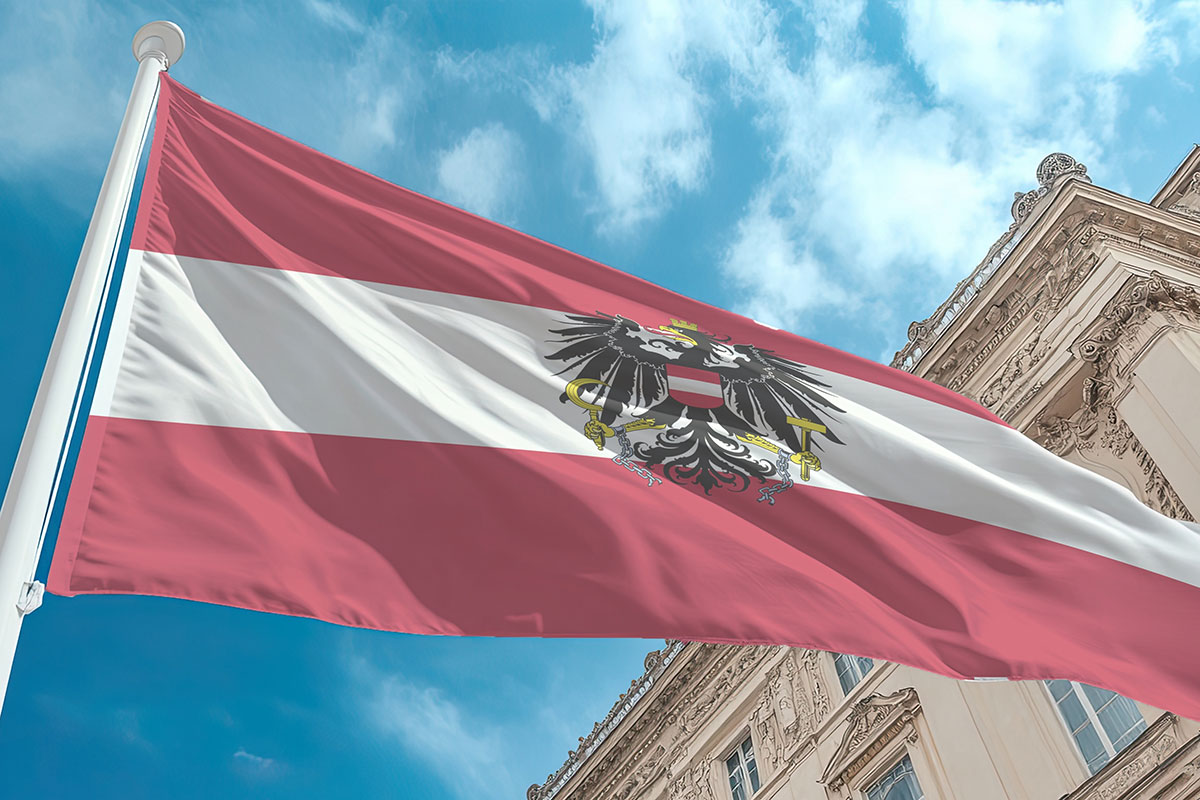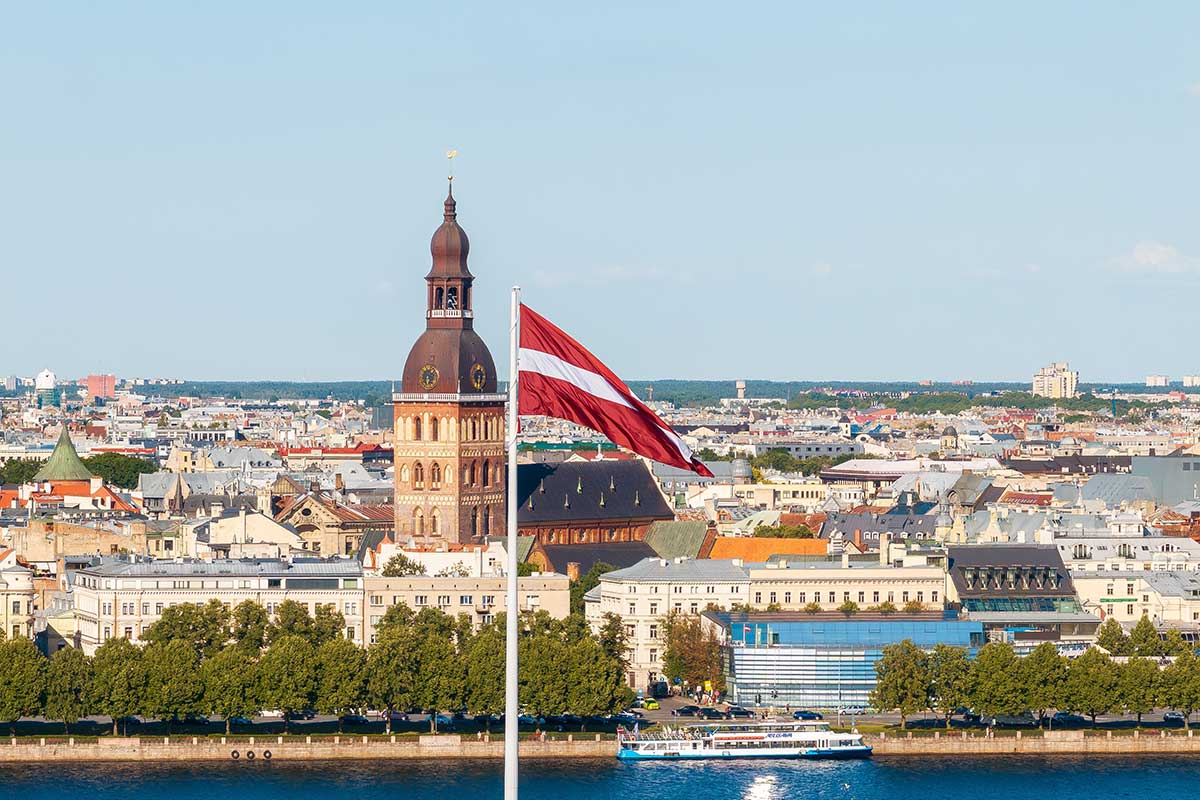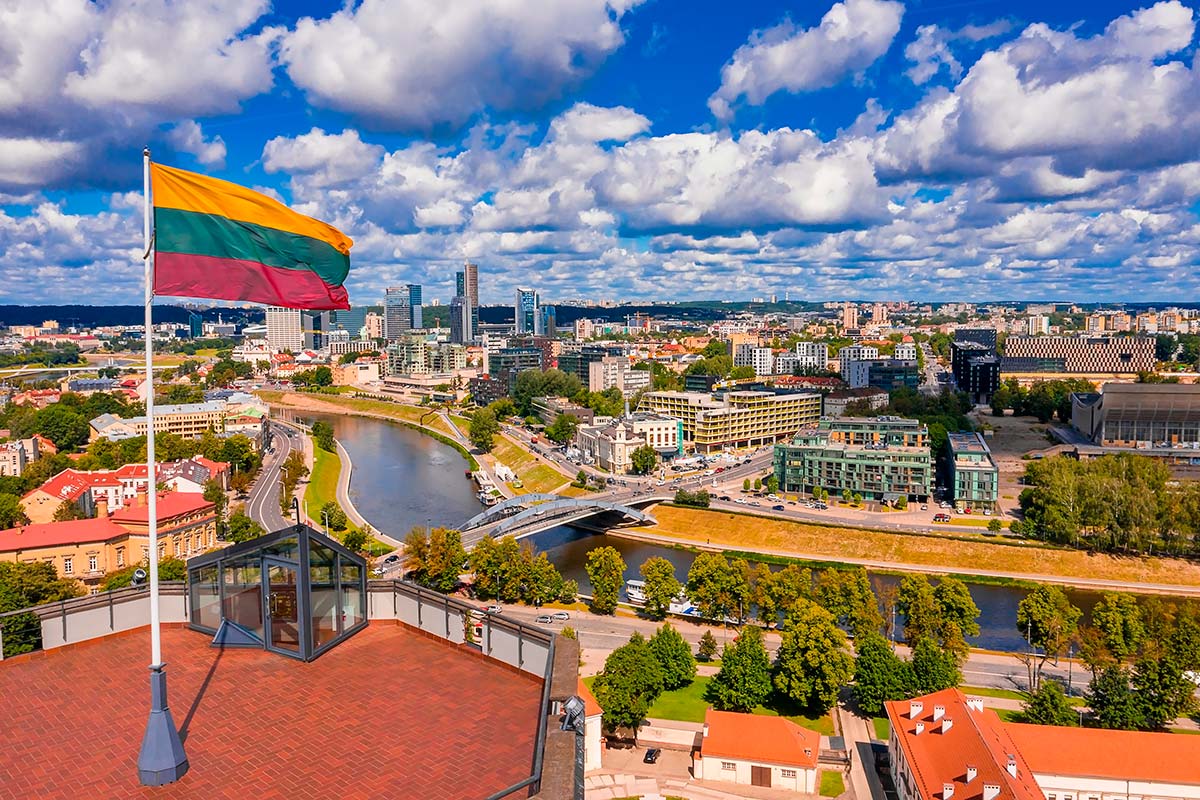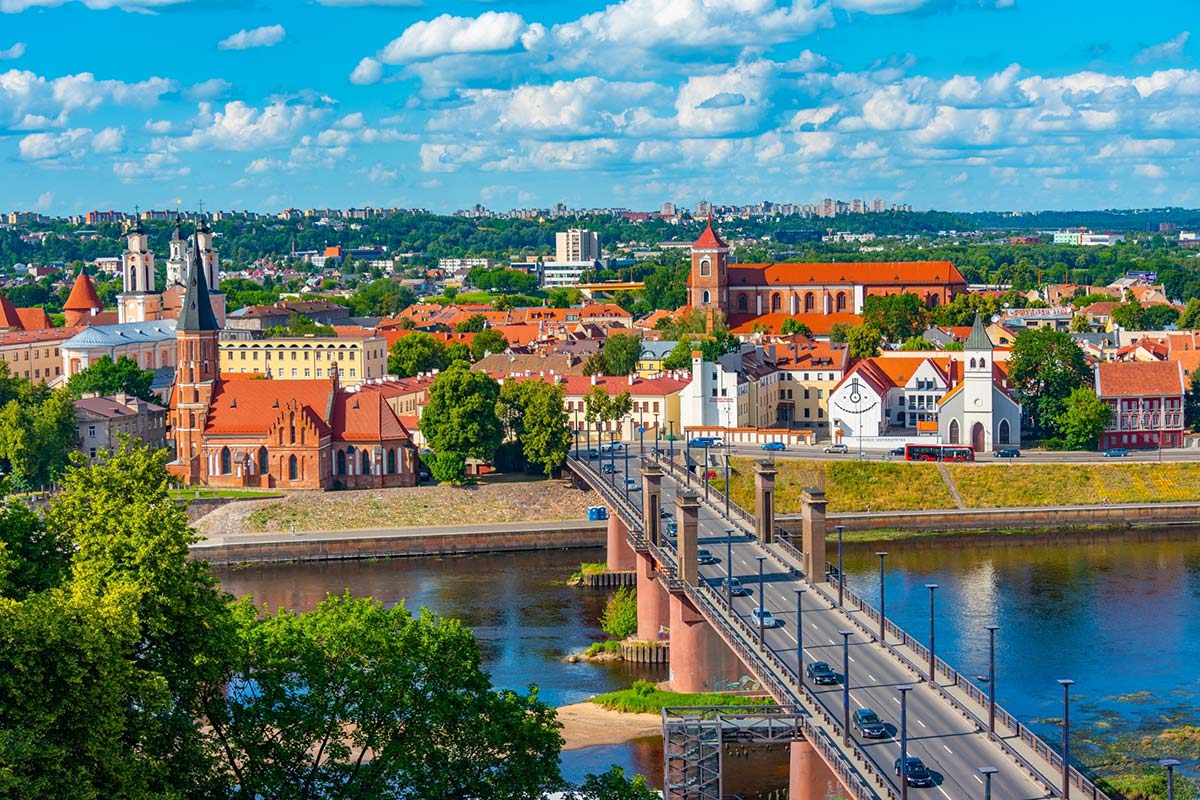Content
To acquire Italian citizenship, you must reside in the country on a permanent basis for a period ranging from 3 to 10 years, learn the official language, and prove the existence of a legal income. Citizenship by birth applies to a child if at least one parent holds an Italian passport. In most cases, establishing legal affiliation with a European country involves a step-by-step process of obtaining a residence permit and then permanent residency. However, certain categories of foreigners may qualify for a simplified citizenship procedure.
Applying for an Italian passport as a way of establishing ties with an EU country is a popular path to unlocking new opportunities and traveling visa-free. Becoming an Italian citizen grants the legal right to live, work, and access healthcare and banking services not only within Italy but throughout all 27 member states of the European Union.
Pros and Cons of Obtaining an Italian Passport
Ranked third globally in terms of strength, the Italian passport allows full participation in the country’s public life — from voting to holding government positions. Reasons to consider obtaining Italian citizenship include:
- Visa-free access to 177 countries, including Canada, the USA, Japan, Qatar, and Australia;
- Eligibility for subsidized education at European universities;
- The ability to live and work across the EU without additional permits;
- Access to healthcare services through insurance in any of the 27 EU countries;
- The opportunity to pass citizenship on to children;
- Full access to banking services, including mortgage lending.
Despite these advantages, immigrants often point out certain challenges in the process. One of the main drawbacks is the long period of residence required to obtain a passport. A residence permit must be regularly renewed within legally defined timeframes and requires strict compliance with immigration rules. A simplified naturalization process is available for individuals who already hold EU citizenship. Such residents can stay in Italy without needing intermediate legal statuses, and the required residency period is reduced.
Under certain conditions, it is possible to become an EU citizen within just one year and later move to Italy. A company lawyer can explain how to obtain a passport without prolonged residence abroad or the need to learn foreign languages — book a consultation to learn more.
How to Obtain Italian Citizenship: Methods and Requirements
The main legal documents governing the acquisition of citizenship in Italy are the Citizenship Act and Presidential Decree No. 572 dated October 12, 1993. According to these regulations, Italian citizenship can be obtained by birthright, through reinstatement of status, or by naturalization. Applicants are required to reside in the Republic for a sufficient period, demonstrate knowledge of the official language, and prove a legal source of income. The passport may be granted to adult applicants who have no criminal record and do not pose a threat to national security.
The law outlines several pathways to citizenship. The standard period of residence in Italy required for obtaining a passport is 10 years. An accelerated procedure is available for EU citizens and individuals married to an Italian national.
Italian Citizenship Through Employment
The number of employed and self-employed foreign nationals in Italy is regulated by quotas. A work permit must be arranged by an employer with whom you sign a formal employment contract. First, the employer must report the job vacancy to the employment center. If there are no suitable candidates from among Italian citizens or EU nationals, the employer is allowed to hire a foreign worker. For self-employed individuals, the work permit is requested directly by the applicant.
Italian authorities review applications and issue work permits within 60 days. The permit is then forwarded to visa centers or the Italian consulate in your home country to apply for a visa. The permit is valid for up to six months, and the residence permit based on employment is granted for one year and can be renewed if the grounds for staying remain valid. After five years of residence, you can apply for permanent residency, and after another five years, you may request Italian citizenship.
Travel freely to over 170 countries
Family Reunification
Italian citizenship can also be obtained through a family member who is either an Italian citizen or a legal resident with at least one year of residence in the country. According to the law, eligible family members include spouses, minor children, and dependent adult children or parents. Initially, the sponsoring relative must apply for a residence permit for their family member, providing proof of suitable housing and sufficient income to support them. As of 2025, the minimum income required for sponsorship is not fixed by law, but the average threshold is around EUR 1,150 per month. Family members become eligible to apply for citizenship after ten years of residence in Italy.
Italian Passport Through Education
Students may apply for Italian citizenship through standard naturalization. Upon admission to an Italian university, they first obtain a long-term visa and a residence permit valid for up to one year. The permit allows part-time work of no more than 20 hours per week, with a total annual limit of 1,040 hours.
After graduation, the residence permit can be extended for up to three years. It may be converted to a work-based permit in accordance with foreign labor quotas. After five years of legal residence, the student may apply for permanent residency, and after ten years of living in Italy, for citizenship.
Citizenship by Investment
In the strict sense, it is not possible to buy an Italian passport — the state does not grant citizenship in exchange for investments. However, if you have sufficient financial resources, you may apply for an investor visa and obtain a residence permit. The required investment depends on the type of contribution:
- EUR 2,000,000 — in government bonds, provided the assets are maintained for at least two years;
- EUR 500,000 — in share capital of Italian companies;
- EUR 250,000 — in innovative start-ups;
- EUR 1,000,000 — as a philanthropic donation to cultural, scientific, educational, sports, or immigration projects.
Additionally, the investor must prove beneficial access to at least EUR 1,000,000 deposited in an Italian bank account. The residence permit is valid for up to two years and can be extended if the investment conditions are maintained. Citizenship may be requested after ten years of residence in the country.

Citizenship Through Elective Residency
Italian citizenship cannot be obtained directly through passive income or property purchase. Wealthy foreigners must follow a step-by-step process of obtaining a residence permit and then permanent residency. The elective residence permit (residenza elettiva) does not allow employment and requires proof of financial self-sufficiency and housing in Italy. Property may be either rented or owned. In 2025, the required annual income is around EUR 31,000.
Income may be confirmed by bank statements, pension documents, or other evidence of funds received from abroad. The residence permit is issued for up to one year and can be renewed. Citizenship may be requested after ten years of residence in the country.
Citizenship Through Marriage
Italian citizenship through marriage is granted under simplified conditions. Spouses of Italian citizens may apply for a passport after two years of legal residence in Italy as a married couple. If residing abroad, the required period increases to three years. The presence of biological or adopted children in the family reduces the required period by half.
A crucial condition is that the marriage must be legally valid and not annulled at the time of application. Joint residence is also required. If the Italian spouse dies during the application process, it does not affect the final decision.
Other Paths to Citizenship
It is also possible to reside in Italy and eventually apply for citizenship based on volunteering or religious activities, although these paths are less common. In addition, individuals who have served in the public sector for at least five years or who have made significant contributions to the country may be granted citizenship. The type of activity does not matter in this case. Applicants must still demonstrate Italian language proficiency and proof of financial means.
EU citizens benefit from a shorter residency requirement and may apply for Italian citizenship after just four years of living in the country, without the need to pass a language test. To confirm your eligibility for accelerated citizenship through one of the EU countries, we recommend consulting with a migration law specialist.
Italian Citizenship for Children
Children born in Italy to Italian parents or to individuals without legal status are granted unconditional citizenship rights. Citizenship can also be obtained by adopted children, as well as those whose parents are unknown. Foreign nationals adopted as adults by Italian citizens must reside in the country for five years.
It is not possible to acquire Italian citizenship solely by birth on Italian soil. To obtain legal affiliation with the country, a minor must reside in Italy until the age of 18 and submit an application within one year after reaching that age.
Repatriation
According to a presidential decree, children and second-degree relatives of Italian citizens born in the country may apply for citizenship if they have lived in Italy for at least three years. The law requires one of the following: completion of military service in Italy, public service, or two years of residence in the country after reaching adulthood — followed by an application submitted within one year.
Procedure for Obtaining Italian Citizenship
To obtain Italian citizenship, you must complete the following steps for naturalization in sequence:
- Apply for a long-term visa.
Authorization to stay in the country for more than 90 days is issued by Italian embassies and visa centers at your place of permanent residence. Processing times range from 30 to 120 days depending on the basis for your stay. - Obtain a residence permit (permesso di soggiorno).
After entering Italy, you must contact the Unified Immigration Desk, a post office, or a police station within 8 days. The standard residence permit is valid for up to one year and can be renewed. Applications are reviewed within 90 days. To maintain your status, you may not be absent from the country for more than six consecutive months. - Apply for permanent residency (permesso di soggiorno UE per soggiornanti di lungo periodo).
After five years of continuous residence, you may request a permanent residence card. This document is valid for five years and may be renewed. The status itself is permanent, but the card must remain available for inspection by authorities for up to ten years. - Pass a language exam.
To submit a citizenship application, most foreigners must prove their knowledge of Italian at a minimum B1 level. You must provide a certificate recognized by the Ministry of Education or a qualifying diploma from a state or private educational institution in Italy. - Apply for citizenship.
Once you meet the required period of residence, you may apply for citizenship through the Ministry of the Interior. The application must be submitted online via SPID, Italy’s Public Digital Identity System, after completing registration. If approved, you will be notified within 90 days of the issuance of a decree by the Minister of the Interior granting citizenship. The processing time for applications is between 24 and 36 months. - Take the oath of allegiance.
After citizenship is granted, you are required to take the oath of allegiance in front of a municipal officer. This must be done no later than six months after receiving notification of your new legal status. - Apply for a passport.
To receive your Italian passport — which follows the standardized EU format — you must apply at the local police station (Questura) corresponding to your place of residence. The legal basis for your request is the decree granting citizenship.
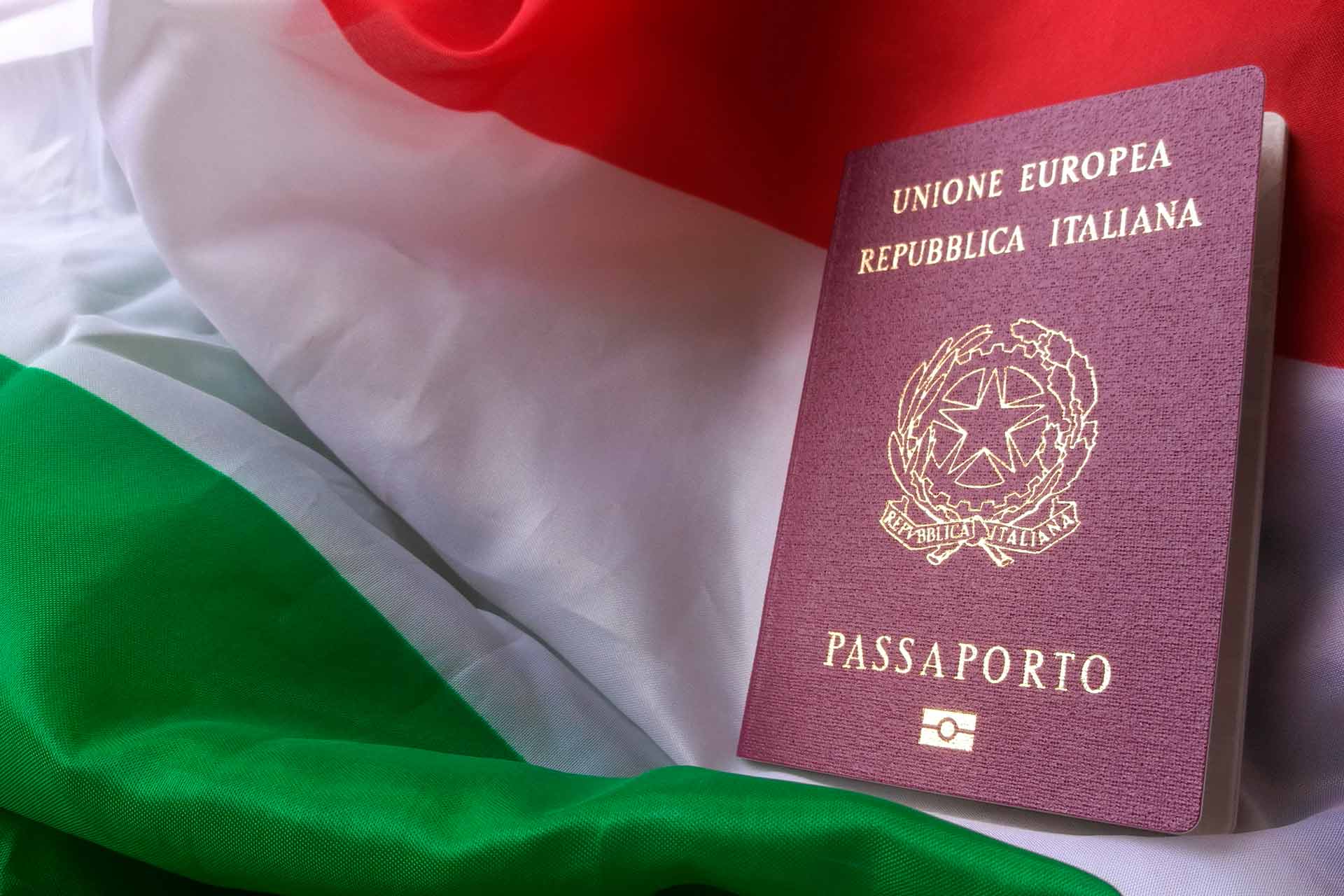
Document Preparation and Application Submission
Applications for acquiring Italian citizenship must be submitted exclusively through the online portal portaleservizi.dlci.interno.it. After registering and logging into the system, you will be prompted to complete the online application form. Documents must be uploaded in PDF, TIFF, or JPEG format. Once submitted, you can track the status of your application using the assigned case number.
The list of required documents varies depending on the basis for citizenship. The core set typically includes:
- Passport;
- Birth certificate;
- Civil status records;
- Criminal record certificates from both Italy and your country of origin;
- Proof of Italian language proficiency at level B1 or higher (diploma or certificate);
- Receipt for payment of the state fee;
- Proof of legal residence in Italy (residence permit or permanent residency card).
All documents issued abroad must be translated into Italian and notarized.
Timeframes and Costs of Obtaining Italian Citizenship
There are no options in Italy for acquiring citizenship immediately by purchasing real estate or making investments. Standard naturalization in the country requires at least 10 years of residence. To calculate the total cost of obtaining Italian citizenship, in addition to administrative fees at each stage of legalization, you should also factor in:
- Living and subsistence expenses;
- Funds for purchasing or renting accommodation;
- Legal service fees for professional support throughout the process.
Below is a list of administrative fees as of 2025. Current rates are available on the official websites of Italian government authorities.
Administrative fees (EUR):
- 50–116;
- 80–200;
- 100;
- 250;
- 116.
How to Simplify Legalization in Italy by Obtaining an EU Passport
Having EU citizenship significantly simplifies the process of acquiring an Italian passport. The required residency period is reduced to four years, and proof of Italian language proficiency is not required. As a result, obtaining citizenship in another EU country becomes an alternative path for immigration to Italy, as well as to other EU member states.
Fast-track programs for obtaining a second EU passport allow you to gain legal status in as little as one year — without the need to live abroad for an extended period or undergo intensive language training. Our specialist will advise you on how to start the process of acquiring EU citizenship while remaining in your country of permanent residence.
During a consultation, an individual relocation plan is developed and each stage of the cooperation is discussed in detail. Professional legal support throughout the process enables you to become an EU citizen in the shortest possible time.


